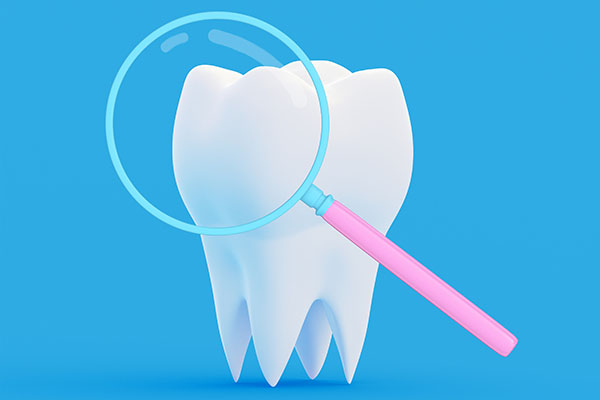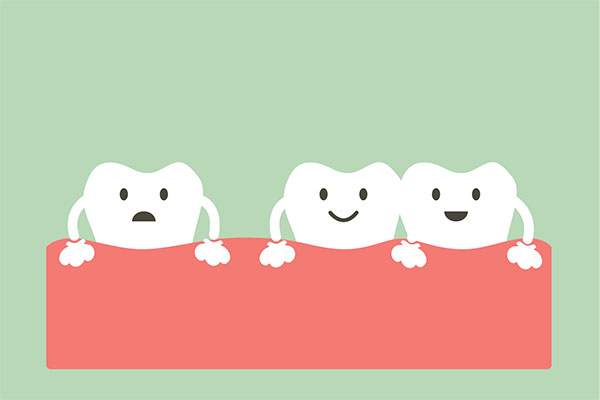 Dental crowns are dental restorations that cover teeth entirely for added protection, improved function, and cosmetic purposes. Dental crowns are versatile treatment solutions, and there are many reasons that a dentist may recommend this treatment for patients.
Dental crowns are dental restorations that cover teeth entirely for added protection, improved function, and cosmetic purposes. Dental crowns are versatile treatment solutions, and there are many reasons that a dentist may recommend this treatment for patients.
When to consider dental crowns treatment
The most common reasons that dentists recommend a dental crown are to protect a tooth that is weakened or broken, support a tooth that has received root canal therapy, improve the appearance of a tooth, and replace a tooth. The following review highlights each reason that a patient may need dental crowns:
Protect a weak tooth
One of the main reasons that dental crowns are recommended by dentists is to restore a tooth that has been damaged by tooth decay. For small cavities, the patient may only need dental fillings. However, larger cavities may require more extensive care, such as the placement of a tooth-colored or metal dental crown. This helps ensure that the tooth is protected in the long term and can prevent the issue from leading to discomfort and eventual tooth loss.
Restore a broken tooth
Dentists often use dental crowns to repair a tooth that has been damaged by dental trauma, such as suffering a blow to the face during a sporting event. Notably, crowns can repair chips and cracks. The crown can restore the size and shape of a damaged tooth and offer long-term protection of the underlying layers of the tooth and its root.
Support a tooth after a root canal
Dentists commonly apply a dental crown to a tooth after a root canal procedure is performed. This ensures the ideal appearance and function of the tooth and protects it from future infections or decay.
Improve the appearance of a tooth
In addition to improving the function and health of a damaged or decayed tooth, dental crowns can also be applied primarily for cosmetic purposes. For example, a dentist may recommend a dental crown to improve a tooth that is misshapen. This can create an even and symmetric smile. Dentists may also recommend dental crowns to restore the appearance of stained teeth. They can use tooth-colored dental crowns (ceramic crowns) to ensure that the ideal shade is achieved.
Use crowns for teeth replacement purposes
Dental crowns may also be used for teeth replacement purposes. Most notably, dental crowns are often attached to dental implants to complete an implant restoration. Dentists often use dental crowns for dental bridge treatment as well. For this procedure, crowns are attached to adjacent teeth to strengthen and support them, in addition to using crowns to fill in the gaps where there are missing teeth.
Schedule a dental crowns consultation today
If you have damaged or cosmetically imperfect teeth and want to find out more about how dental crown treatment can help you, then we encourage you to reach out to our team today to schedule a consultation visit. On your first visit, our team can help you put together the best treatment plan according to your needs.
Schedule a dental crowns consultation today
If you have damaged or cosmetically imperfect teeth and want to find out more about how dental crown treatment can help you, then we encourage you to reach out to our team today to schedule a consultation visit. On your first visit, our team can help you put together the best treatment plan according to your needs.
Request an appointment or call R. David Brumbaugh, DDS at 214-306-4402 for an appointment in our Dallas office.
Related Posts
Dental crowns are durable and effective for restoring damaged or weakened teeth. They improve the tooth's structure and function while also enhancing your smile's appearance. However, proper maintenance can extend their lifespan and ensure long-term oral health. With the right care, these restorations can last several years, providing a reliable and aesthetically pleasing restoration.A consistent…
Dentists use dental crowns to preserve the integrity of the remaining natural dental structure. There are cases when cavities keep getting worse. Lack of routine dental checkups and poor dental care can lead to deeper cavities. This often leads to larger fillings with each dental check. If you want to know how dental crowns can…
Curious about whether you need a dental crown after a root canal? Read on to learn more. Many patients believe that a root canal is a painful procedure and therefore avoid it. In cases of seriously damaged or infected teeth, root canals are the last resort to prevent an extraction. After the root canal treatment,…


